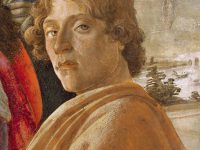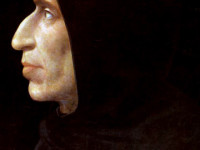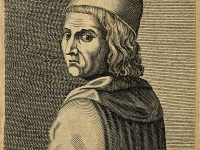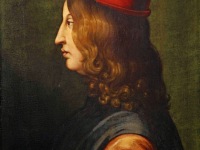Sandro Botticelli and the Grace of the Renaissance
On March 1, 1445, Sandro Botticelli was born, one of the most important Italian painters and draftsmen of the early Renaissance. Botticelli’s posthumous reputation suffered until he was rediscovered by the Pre-Raphaelites in the 19th century, who stimulated a reappraisal of his work. Botticelli’s Birth of Venus is probably one of the most popular renaissance paintings in the world. Sandro Botticelli – Early Life One of the first sources about Botticelli’s life…
Read more





